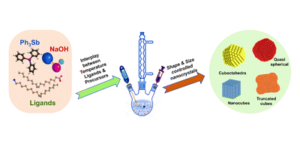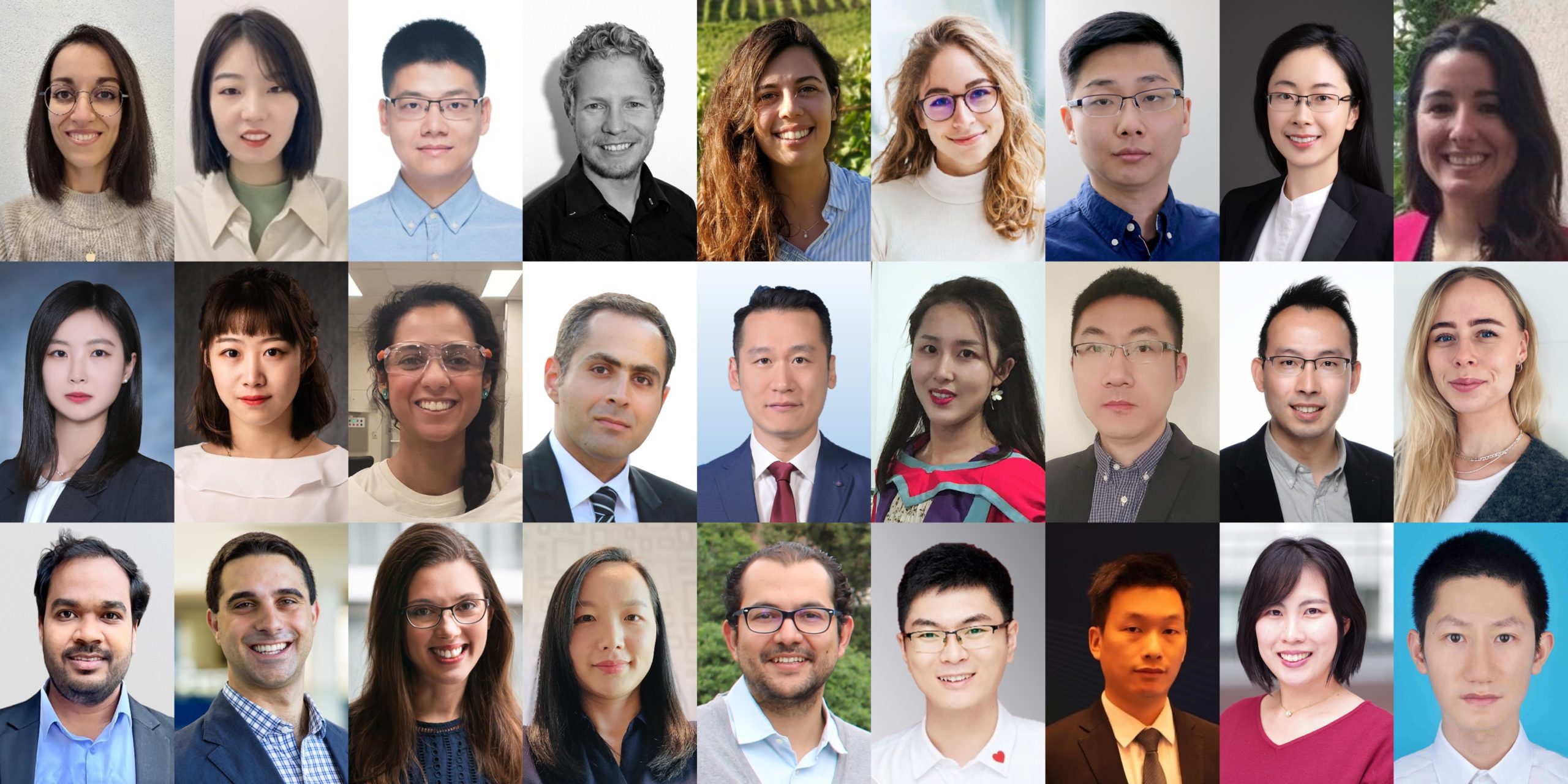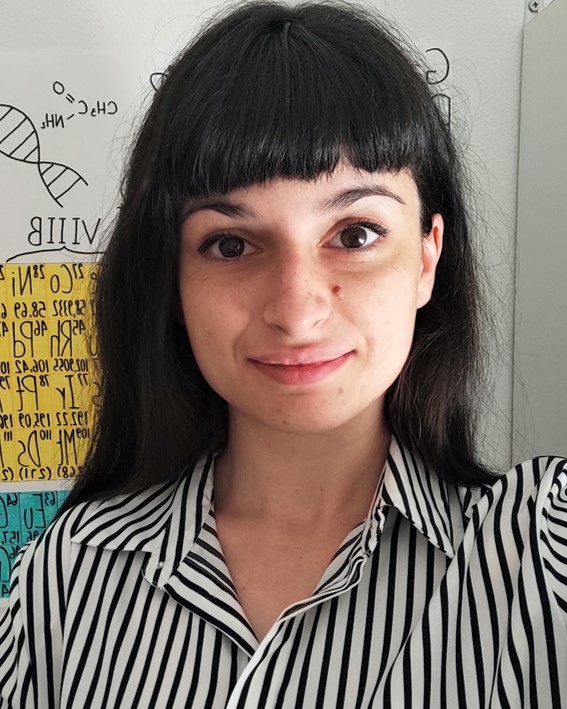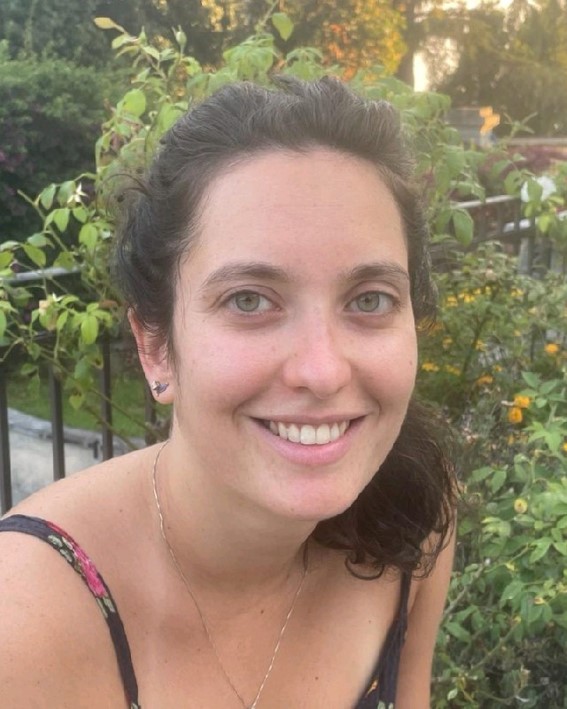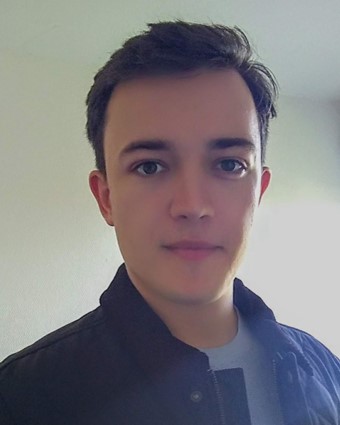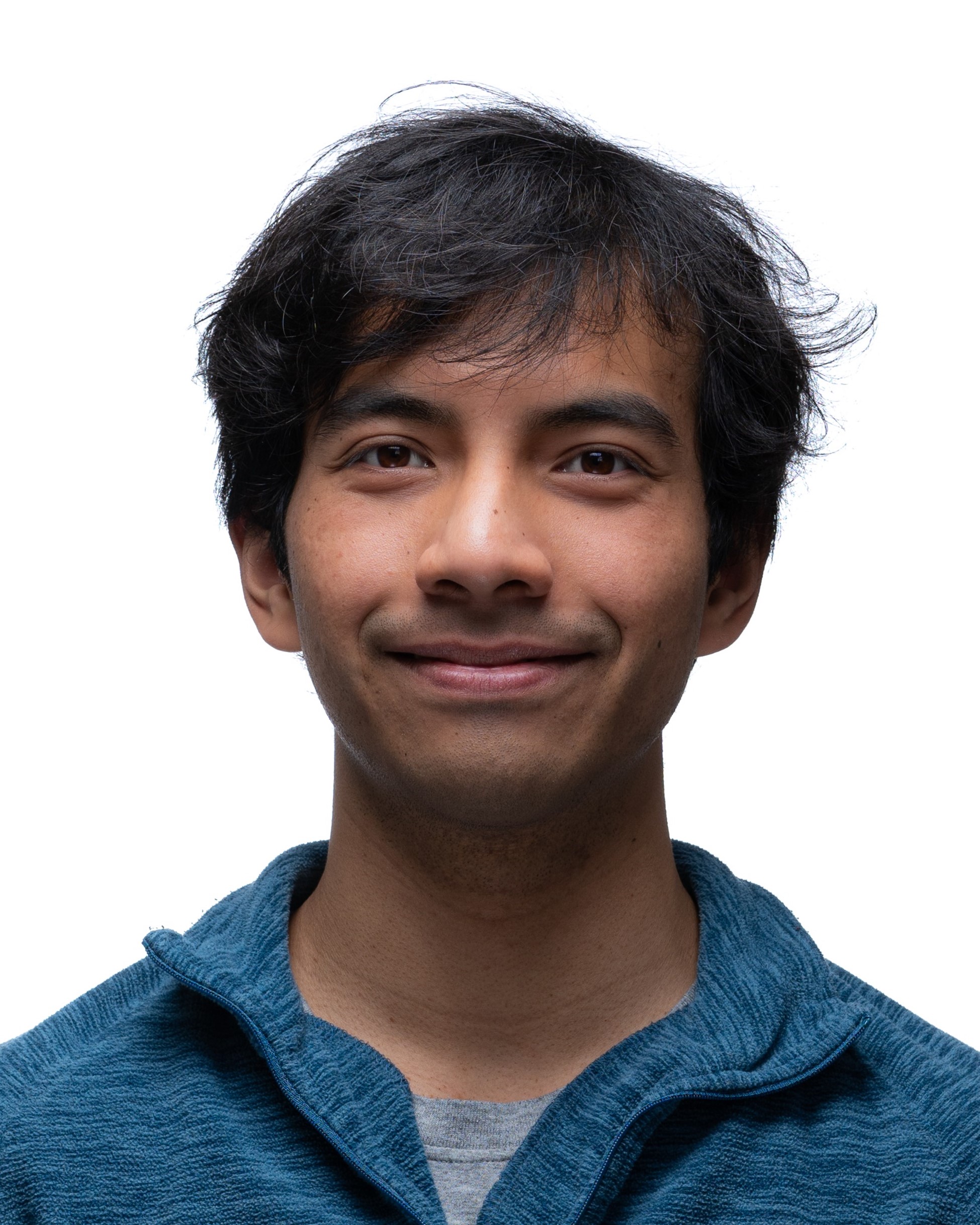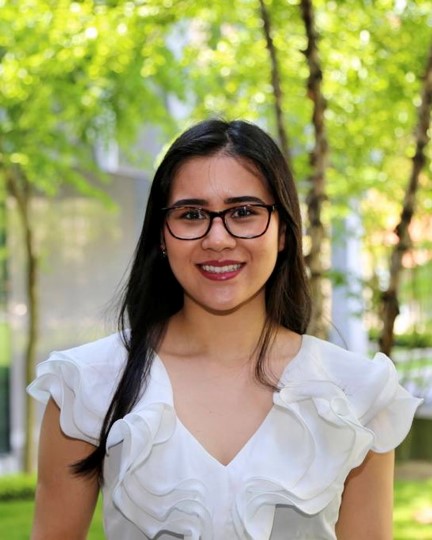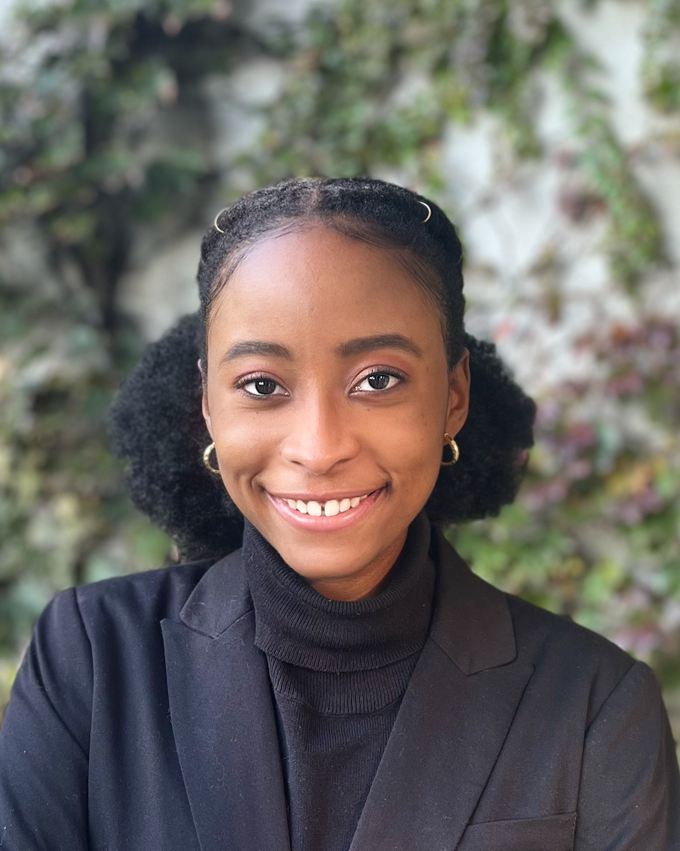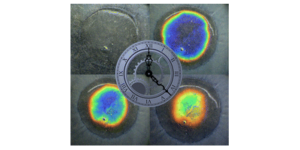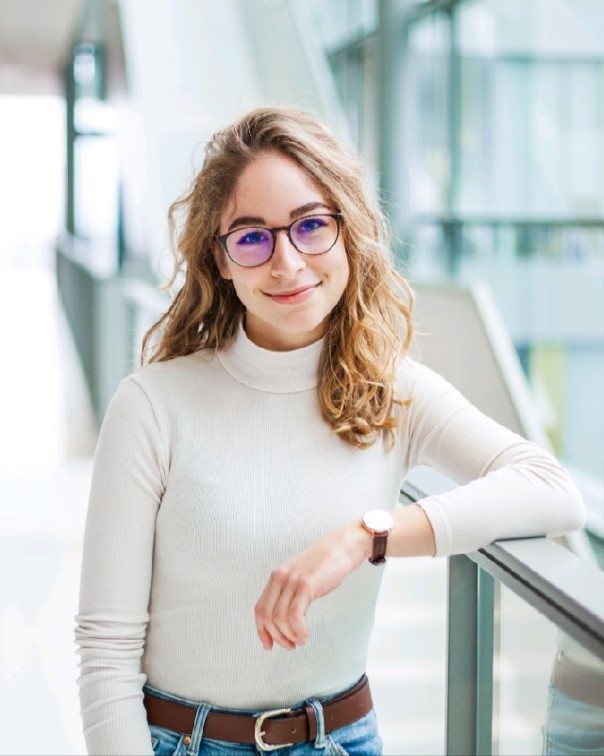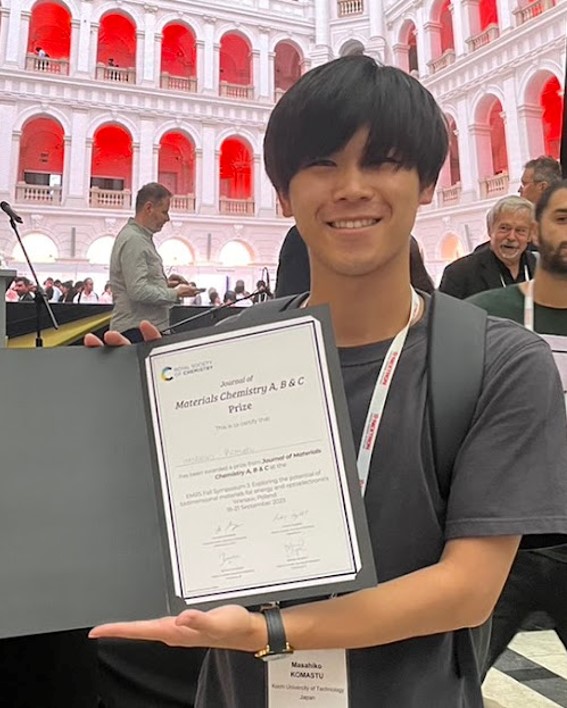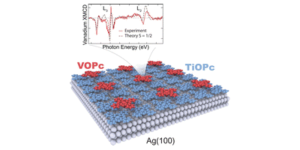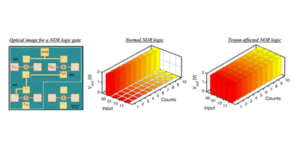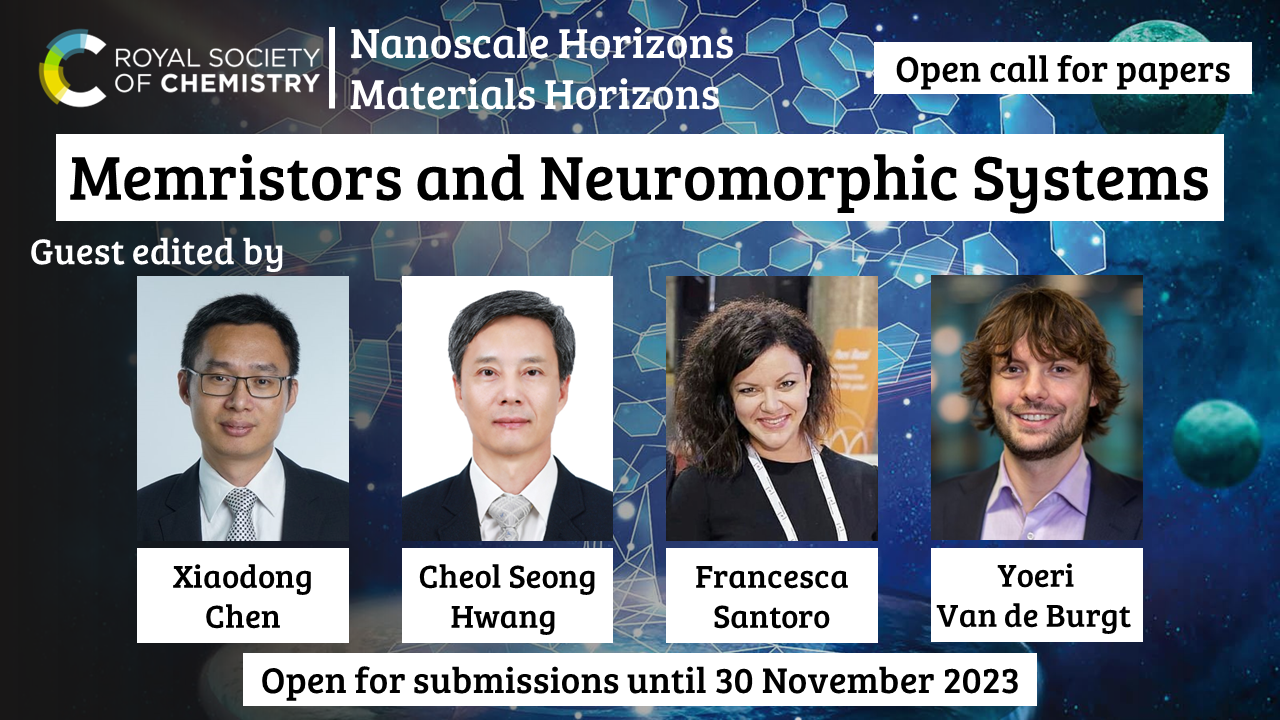Materials Oceania 2023 took place in Nagoya, Japan from 26–29 September 2023. Nanoscale Horizons, Nanoscale, Materials Horizons, Journal of Materials Chemistry A, Journal of Materials Chemistry B, Journal of Materials Chemistry C, Materials Advances, RSC Applied Interfaces, Polymer Chemistry and Molecular Systems Design and Engineering (MSDE) were delighted to provide poster prizes for the excellent posters shared during the conference. Please join us in congratulating our winners!
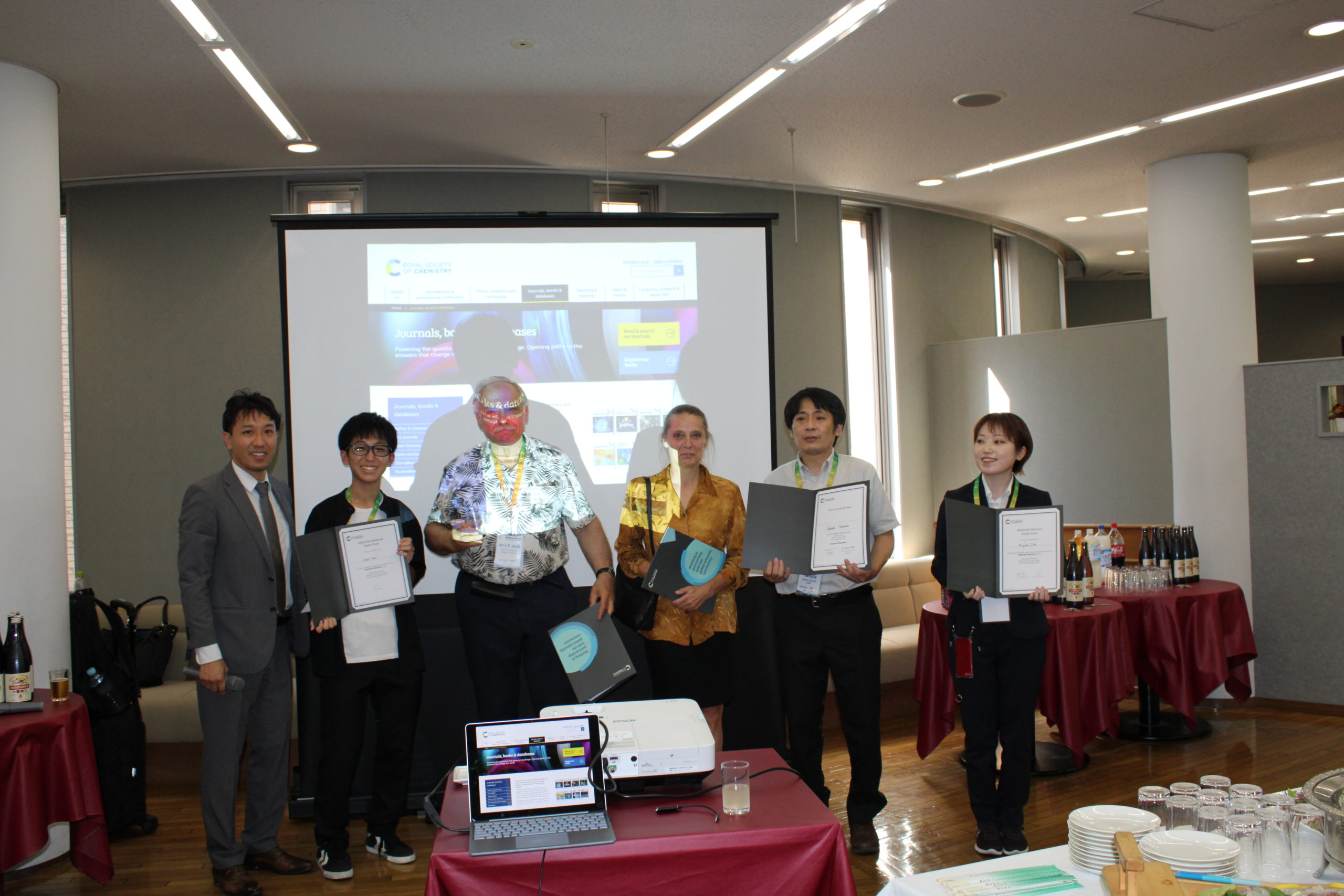
Yusuke Yamauchi with some of the winners of the RSC poster prizes at Materials Oceania 2023. (Left to right) Yusuke Yamauchi, Kaito Kono, Jerzy Janik, Barbara Klimesz, Takashi Hamada and Mayuka Iida.
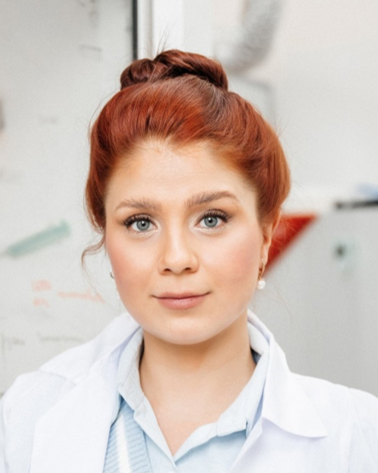
Nanoscale Horizons Poster Prize Olga Guselnikova (National Institute for Materials Science, Japan) Dr Olga Guselnikova received her PhD degree in chemistry from the University of Chemistry and Technology Prague (Czech Republic) and Tomsk Polytechnic University (Russia) in 2019. She is a fellow of Japan Society for the Promotion of Science at the National Institute for Materials Science, Japan, and a sub-group leader of “functional materials” at Tomsk Polytechnic University. Her research interests are related to surface chemistry for functional materials. This means that she is applying her background in organic chemistry to materials science: plasmonic and polymer surfaces are hybridized with organic molecules to create high-performance elements and devices. In 2024 Dr. Guselnikova will join CEST Center for Electrochemistry and Surface Technology (Austria) to work on plastics waste as a group leader.
|
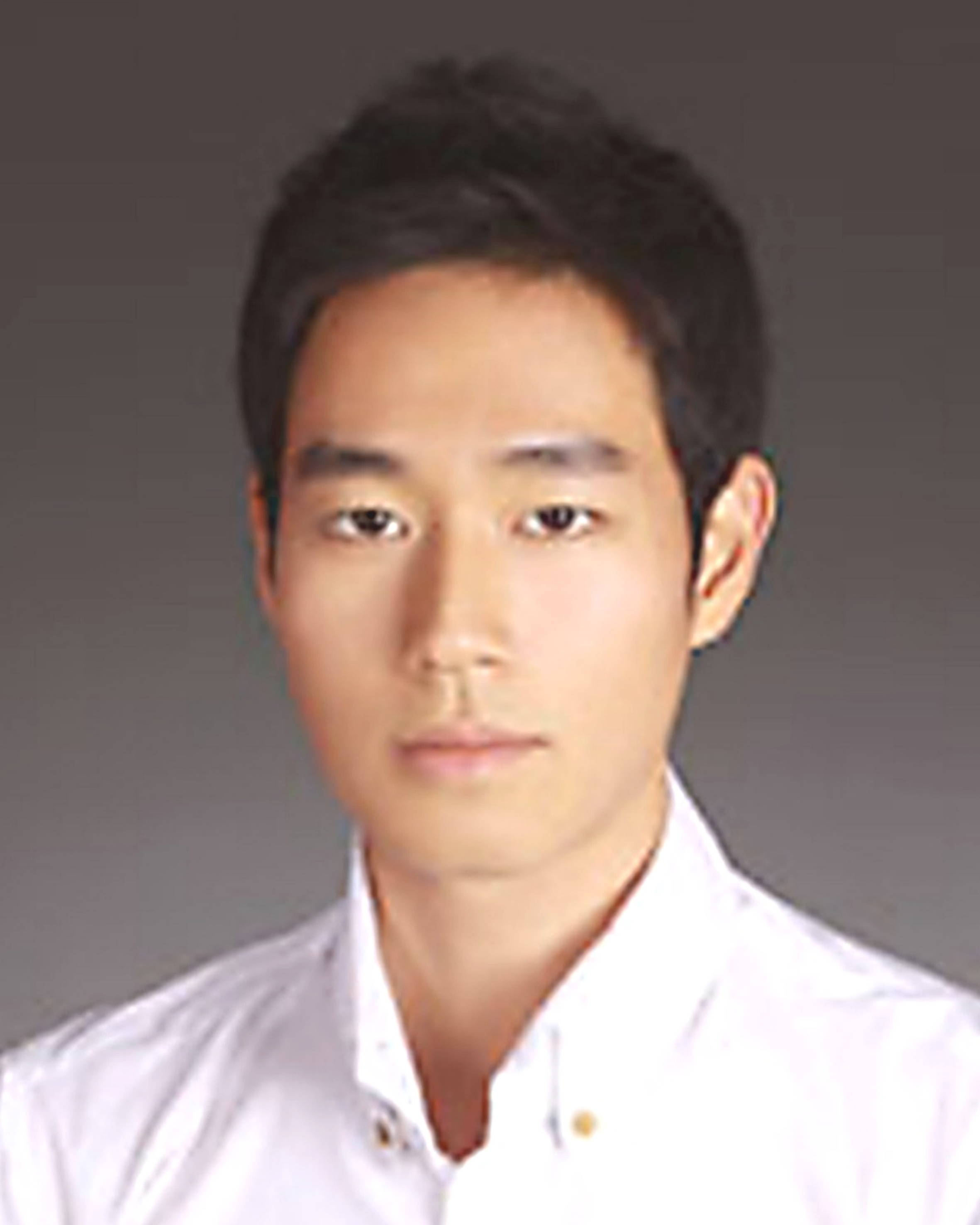
Nanoscale Poster Prize Jongbeom Na (Korea Institute of Science and Technology (KIST), South Korea) Jongbeom Na received his Ph.D. degree (2017) from the Department of Chemical and Biomolecular Engineering at Yonsei University (Republic of Korea). Until 2018, he worked as a Researcher at the Chemical Laboratory of SK Chemicals Co., Ltd. After that, he joined the Australian Institute for Bioengineering and Nanotechnology (AIBN) at The University of Queensland as a Postdoctoral Research Fellow. Currently, he is a Senior Research Scientist in the Materials Architecturing Research Center at the Korea Institute of Science and Technology (KIST) and an Honorary Research Fellow at AIBN at The University of Queensland. His major research interest is in the design and synthesis of functional nanomaterials, organic–inorganic hybrid nanoarchitecturing, and their energy & environmental applications.
|
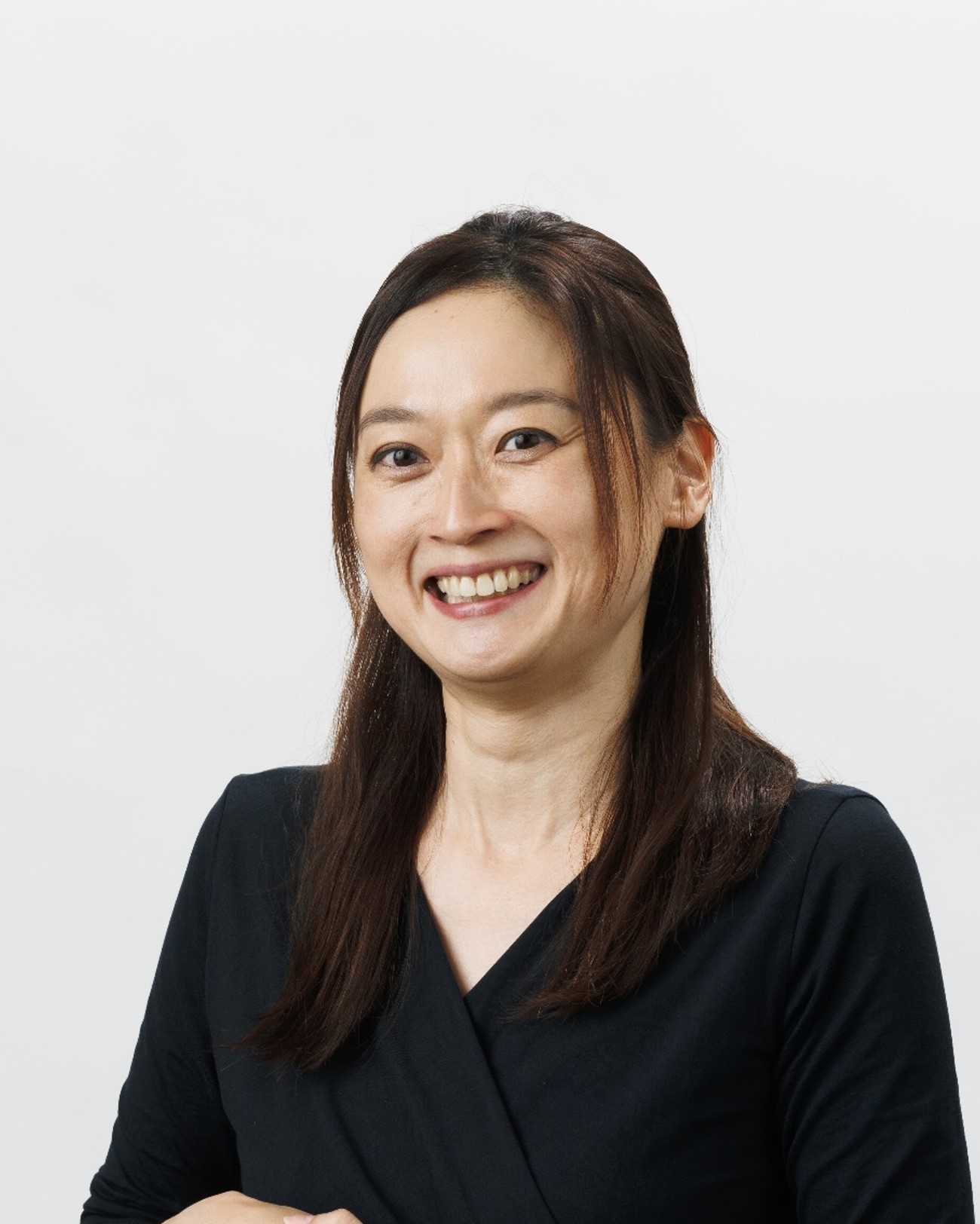
Journal of Materials Chemistry A, B & C Poster Prize Miharu Eguchi (Waseda University, Japan) Miharu Eguchi received her doctoral. degree from Tokyo Metropolitan University under the supervision of Prof. Haruo Inoue in 2006. She worked as a post-doctoral fellow for Prof. Thomas Mallouk at The Pennsylvania State University to form anisotropic arrangement of layered materials by their diamagnetism. She joined University of Tsukuba as an assistant professor for formation and observation of the electronic interaction between metal nanoparticles and dye molecules. The studies there were supported financially by PRESTO/JST. In 2015, she moved to National Institute for Materials Science (NIMS) as a senior researcher. She is currently an Associate Professor at Faculty of Science and Engineering, Waseda University. Her major interest is physical chemistry of organic-inorganic hybrid materials. |
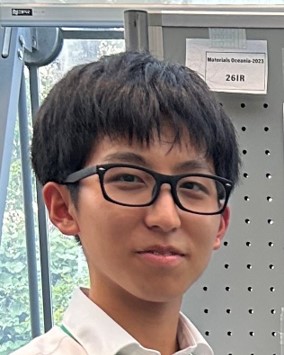
Materials Advances Poster Prize Kaito Kono (Nagoya University, Japan( Kaito Kono is a senior at the Nagoya University School of Engineering. His main research focus is on mesoporous metal films.
|
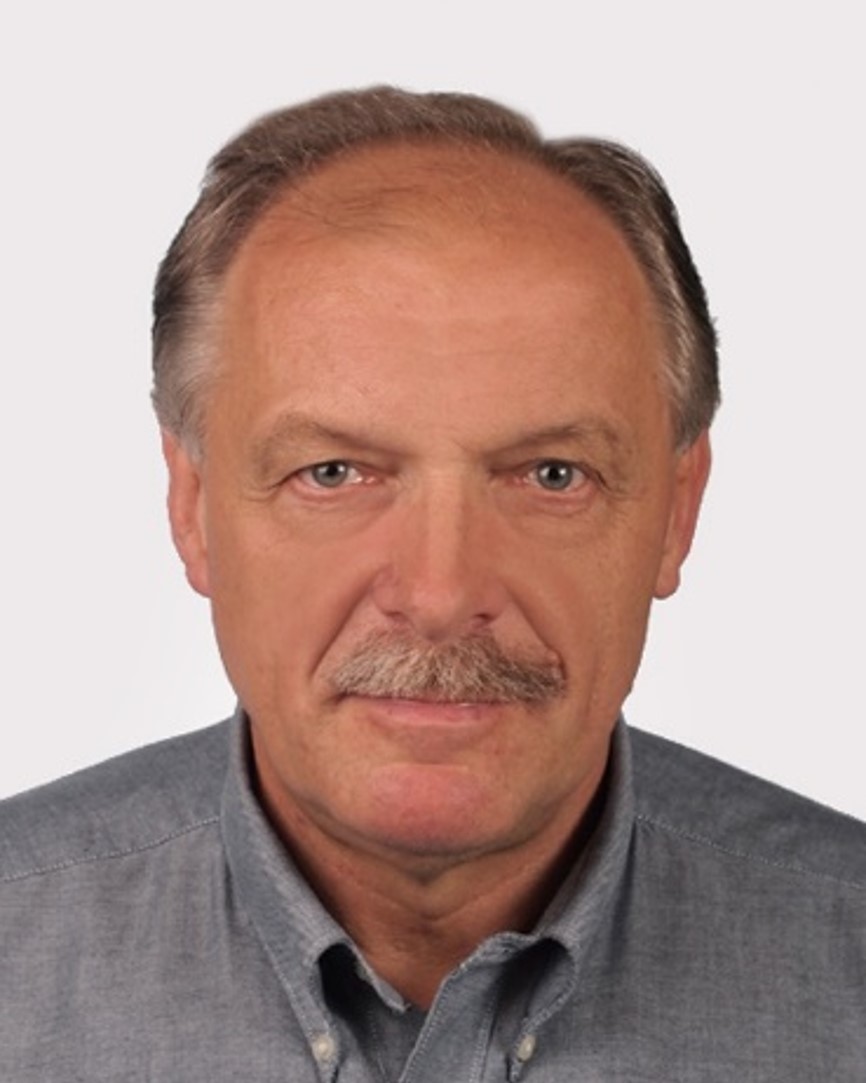
RSC Applied Interfaces Poster Prize Jerzy F. Janik (AGH University, Poland) Jerzy F. Janik graduated in 1987 from the University of New Mexico (UNM), Albuquerque, USA (Ph.D. in Chemistry). He spent several years as a post-doc and visiting professor at UNM (1990-1992, 2000-2002) and at Duke University, Durham, USA (1995-1998). Currently, he is full professor at the AGH University of Krakow, Poland. Throughout the years he has been involved in research on materials precursor chemistry and characterization of nanomaterials of a range of ceramic and semiconducting compounds such as silicon carbide SiC, SiC/C nanocomposites, and nitrides GaN, AlN, AlGaN, TiN, including high-pressure and high-temperature sintering of (i) pure GaN and AlN, (ii) the binary and ternary composites of the nitrides, and (iii) magnetically doped GaN/Mn nanopowders. Recently, his research has been focused on mechanochemical synthesis and sintering of the nanopowders of semiconductor kesterite Cu2ZnsnS4 for prospective photovoltaic applications.
|
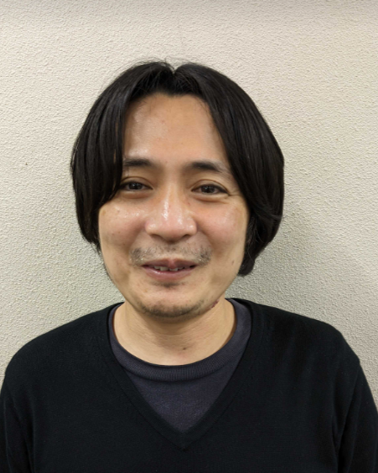
Polymer Chemistry Poster Prize Takashi Hamada (Nagoya University, Japan) Takashi Hamada received his PhD from The University of Tokyo in 2010 under the direction of Professor Kazuaki Kudo. He worked at Japan Atomic Energy Agency, Hiroshima University, Waseda University, etc. He joined the group of Professor Yusuke Yamauchi at Nagoya University in 2023, and became a Specially Appointed Associate Professor. His current research focuses on the synthesis of mesoporous carbon material.
|
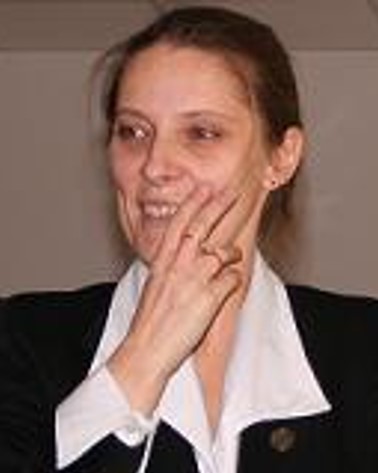
Molecular Systems Design & Engineering (MSDE) Poster Prize Barbara Klimesz (Opole University of Technology, Poland) Currently a researcher and lecturer at the Department of Physics at the Opole University of Technology, Opole, Poland. PhD degree in Physics (2009) obtained at the Institute of Low Temperature and Structure Research, Polish Academy of Sciences, Wrocław, Poland. Research topics include solid state physics, materials engineering and physical chemistry in the field of structural, calorimetric and spectroscopic studies. The area of research interests focuses mainly on optically active amorphous materials doped with rare earth elements (Re3+). These types of glassy systems are widely used in photonics, infrared optics, photoelectronics, telecommunications and as potential laser materials (solid-state lasers) or luminescent temperature sensors.
|
The Materials Horizons Poster Prize was awarded to Mayuka Iida.












